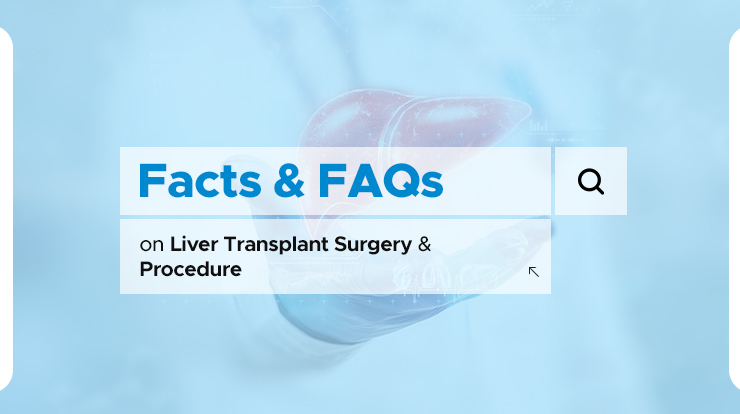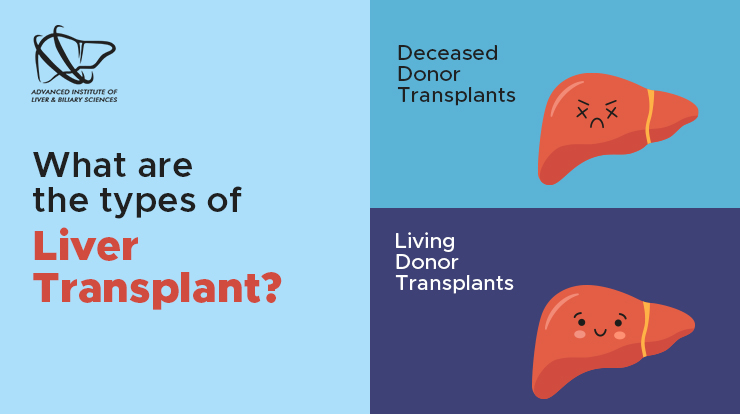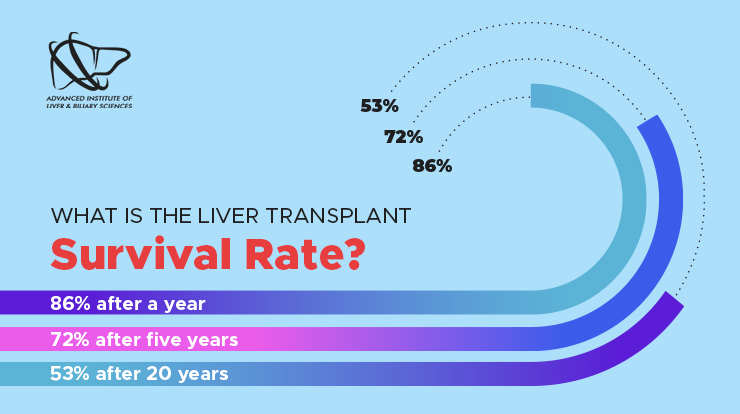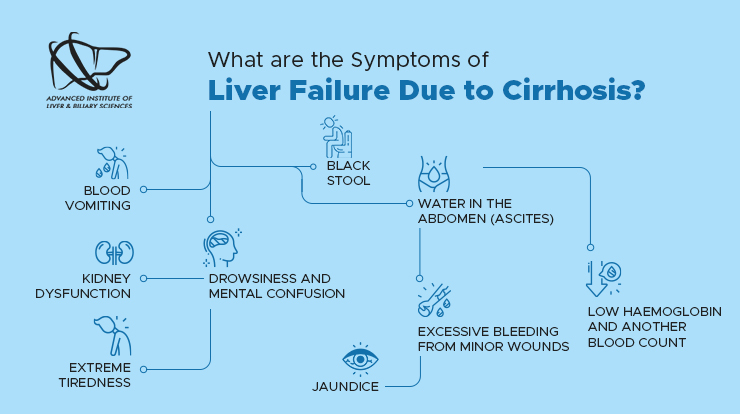
Liver transplant surgery is a life-saving process that substitutes a diseased and damaged liver with a healthy one. It is a complex process that needs to be understood by all of us.
Mainly, people who need to undergo a liver transplant often have many questions about the process, its facts and other related concerns. So if you are one of them or want to know everything about the procedure and facts about liver transplant, you have come to the right place.
Let’s begin with this important topic and get the best insights.
When your liver becomes damaged, a liver transplant, also known as a hepatic transplant, can help prolong your life. The procedure of liver transplant involves surgical removal of your whole liver. The liver is then wholly or partially replaced with a healthy donor liver. It could originate from a live or passed-away donor.
Because your liver is in charge of filtering blood and getting rid of toxins from your body, it is crucial for lifespan. Therefore, liver transplantation is a last-resort option for acute (sudden onset) and chronic (long-term) liver disorders.
After knowing the liver transplant facts, you must be curious about many important things related to liver transplantation surgery.
If you want advice and information from the specialist and best liver transplant surgeon in India, Dr. Vivek Vij is the finest choice. He has years of liver transplant surgery experience, allowing him to treat every patient with utmost proficiency.
Let’s dive into the pool of questions and find out their answers.
There are numerous reasons for severe liver disease that necessitate a liver transplant. Cirrhosis is the most common cause of liver transplantation in adults. In cirrhosis, a chronic infection of the liver causes it to degrade and malfunction steadily. Healthy liver tissue is replaced by scar tissue, which partially obstructs blood flow via the liver.
Alcohol, autoimmune liver illnesses, the deposit of fat in the liver, genetic liver diseases, and viruses like hepatitis B and C can all lead to cirrhosis. Many persons with liver cirrhosis (from excessive drinking) also require a liver transplant.
Biliary atresia is the most frequent cause of liver transplantation in children. Rarely, newborns with biliary atresia have a clogged or absent common bile duct between their liver and small intestine.
This illness results in missing or damaged bile ducts, tubes that transport bile from the liver. Cirrhosis is brought on by clogged bile. Untreated liver failure can only be addressed with specific operations or transplants if the problem is not identified in time.
Other reasons for liver transplantation surgery are cancer, mild liver tumours, and genetic diseases.
You might recover if you have acute liver failure, but this is unpredictable. People who do not recover could pass away within days. The progression of chronic liver failure is slower. While waiting for a liver transplant, people can live with cirrhosis for months or even years.
However, as complications like portal hypertension start to appear, the need for a transplant becomes more urgent.
Primary liver cancer may still be in the early stages if you’re awaiting a liver transplant to treat it. Only when liver cancer has not yet spread outside the liver can it be treated with liver transplant surgery. However, most of those with primary liver cancer also have chronic liver disease. Your outlook, therefore, depends on a variety of distinct aspects.
If a liver transplant is necessary, evaluations by a liver transplant surgeon in India in various professions are required. A study of your medical history and several tests are part of the evaluation.
The transplant team will set up blood tests, X-rays, and other procedures to determine whether you require a transplant and whether one can be safely performed. To ensure that you are healthy enough for surgery, other parts of your health, including your heart, lungs, kidneys, immune system, and mental state, will also be examined.
The liver is obtained from a Deceased donor or Living donor transplants.

The majority of livers used in transplantation originate from recently dead individuals or deceased donors. In a dead donor transplant, your damaged or diseased liver is removed and swapped out with the donor’s liver.
A healthy person will generally give a portion of their liver, most commonly to a relative who needs a liver transplant. This type of liver transplant is known as a Living donor transplant. Surgeons take a piece of the healthy liver from the living donor during the transplant. Your damaged or diseased liver is removed via surgery, and its component is replaced with one from a living donor.
The average liver transplant cost in India ranges from approximately between Rs. 22,00,000 to Rs. 40,00,000. The liver transplant surgery cost in India depends upon numerous aspects that vary from case to case. However, the cost may vary depending on the different hospitals in different cities.
AILBS India has the best liver transplant doctor in India, who is known for doing the best liver transplantation surgery without burdening you with additional costs and unnecessary charges.
There are so many things that affect the range of cost of liver transplant in India. Some of them are:
The survival rates for people receiving liver transplants from deceased donors are:

The survival rate after 20 years is roughly 53%. Your conditions will determine your chances of receiving a liver transplant and long-term survival.
If you have any of the following, you cannot get a transplant:

Transplanting a liver mostly takes approx 4 to 14 hours. Surgeons will replace your liver with the donor’s liver during the procedure. Before removing the damaged liver, the surgeon will cut it loose from your blood vessels and bile ducts.
A machine or a blockade will be used to prevent blood from entering your liver and return it to the rest of your body. The surgeon will position the healthy liver and reattach it to your blood vessels and bile ducts. Your new liver will subsequently receive blood flow.
The severity of the patient’s illness before surgery affects how well they recover after a liver transplant. After a liver transplant, the majority of patients stay in the hospital for seven to ten days. After that, individuals usually recover at home before returning to work or school three months later.
Patients will undergo regular blood tests and other examinations for the first six weeks after a liver transplant to evaluate liver function and look for any signs of infection or rejection in the new liver. Then, about once or twice a year, longer-term patients are asked to return for check-ups.
Both yes and no would apply to the response. Transplantation will be considered in the future if medical therapy is believed to increase survival with a high quality of life.
However, the procedure is best performed before the disease reaches its final stage and the patient is too sick to survive major surgery. For individuals with issues from liver cirrhosis who have a low quality of life, liver transplantation should be done when one’s health is at its best.
The patient’s well-being depends on effective communication, teamwork, and coordination between the surgical team and the best liver transplant surgeon in India. Furthermore, it is essential to adhere to the directions because doing so will help to avoid or reduce difficulties.
Making sure the family doctor, neighbourhood pharmacy, and his/her family members are informed about the transplant, his/her daily medications, and the precautions they need to take to stay healthy is one of a patient’s most critical responsibilities. Nothing can be taken for granted.
Adults often only require one liver portion (hemisphere) from a donor. If the given lobe is in good condition, it will grow back to its original size. The right lobe is frequently chosen for transplantation because it is somewhat larger, although the left lobe will work just as well in an emergency. The average youngster only requires 20% of an adult liver, or around one of the left lateral segments.
The majority of people can return to their professions in one to two months and all of their other activities in six to twelve months. Of course, you will still visit your medical team frequently during this period.
To sum up things, the liver is the most crucial part of our body that needs proper care and attention. It serves so many essential functions that no medical or mechanical replacement can substitute it. So, if you observe or undergo any liver problems, getting in touch with the best liver doctor is what you need.
Dr Vivek Vij is the most famous and best liver transplant surgeon in India who is proficient in giving the best liver and biliary diseases.
If you are searching for the best liver transplant doctor in India, go nowhere other than AILBS India. Dr Vivek Vij is the most sought-after liver transplant surgeon who will give you the best treatment with lower biliary complications. He will treat according to the patient’s situation and enable them to lead healthy lives without any issues.


